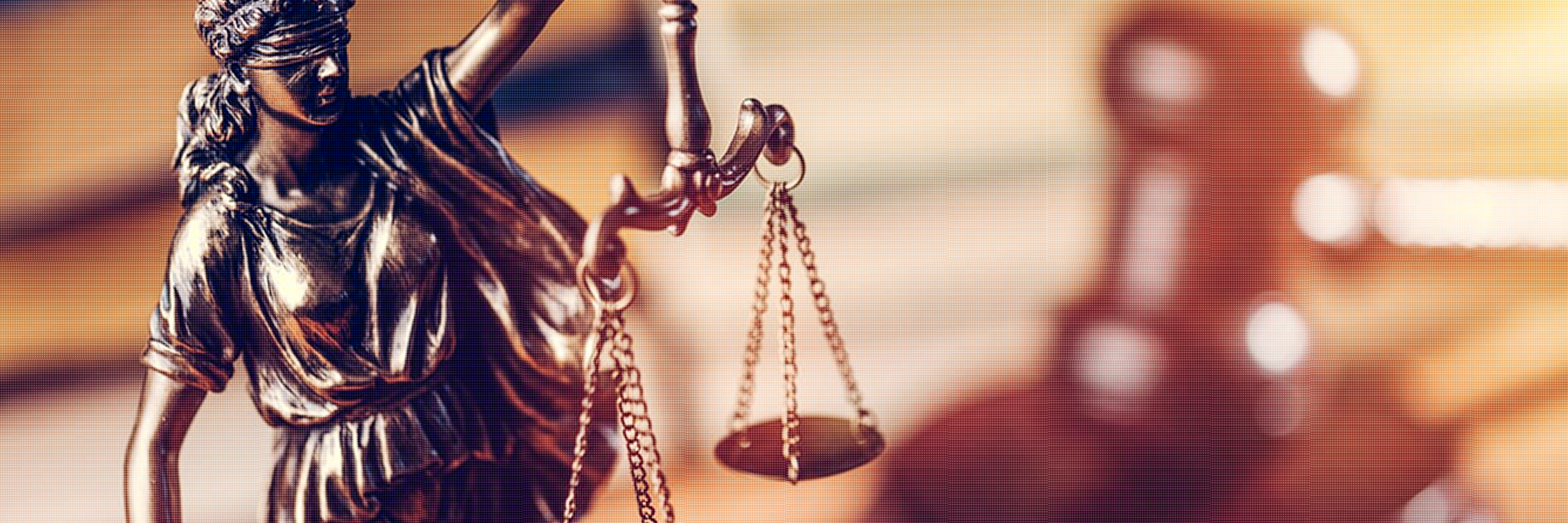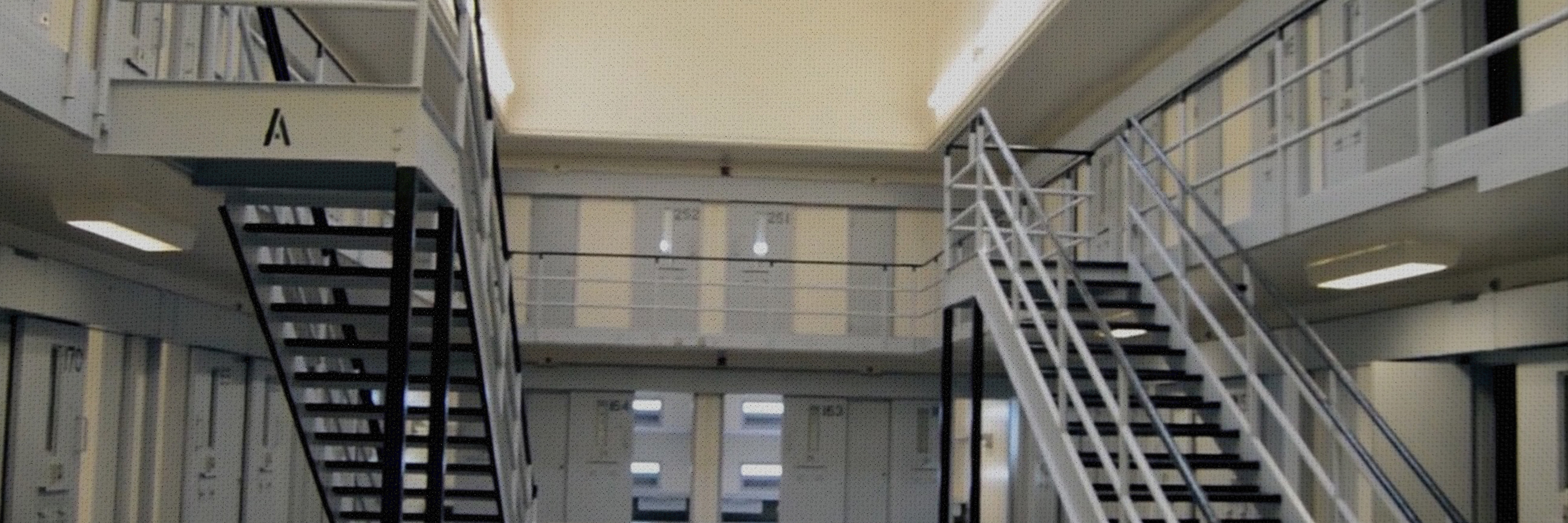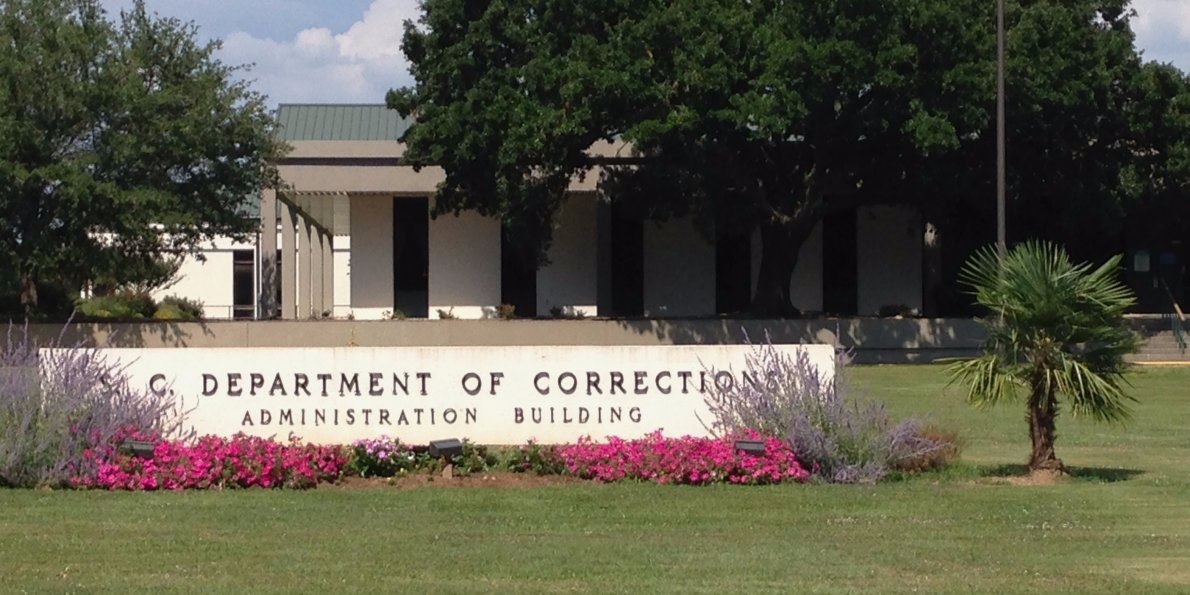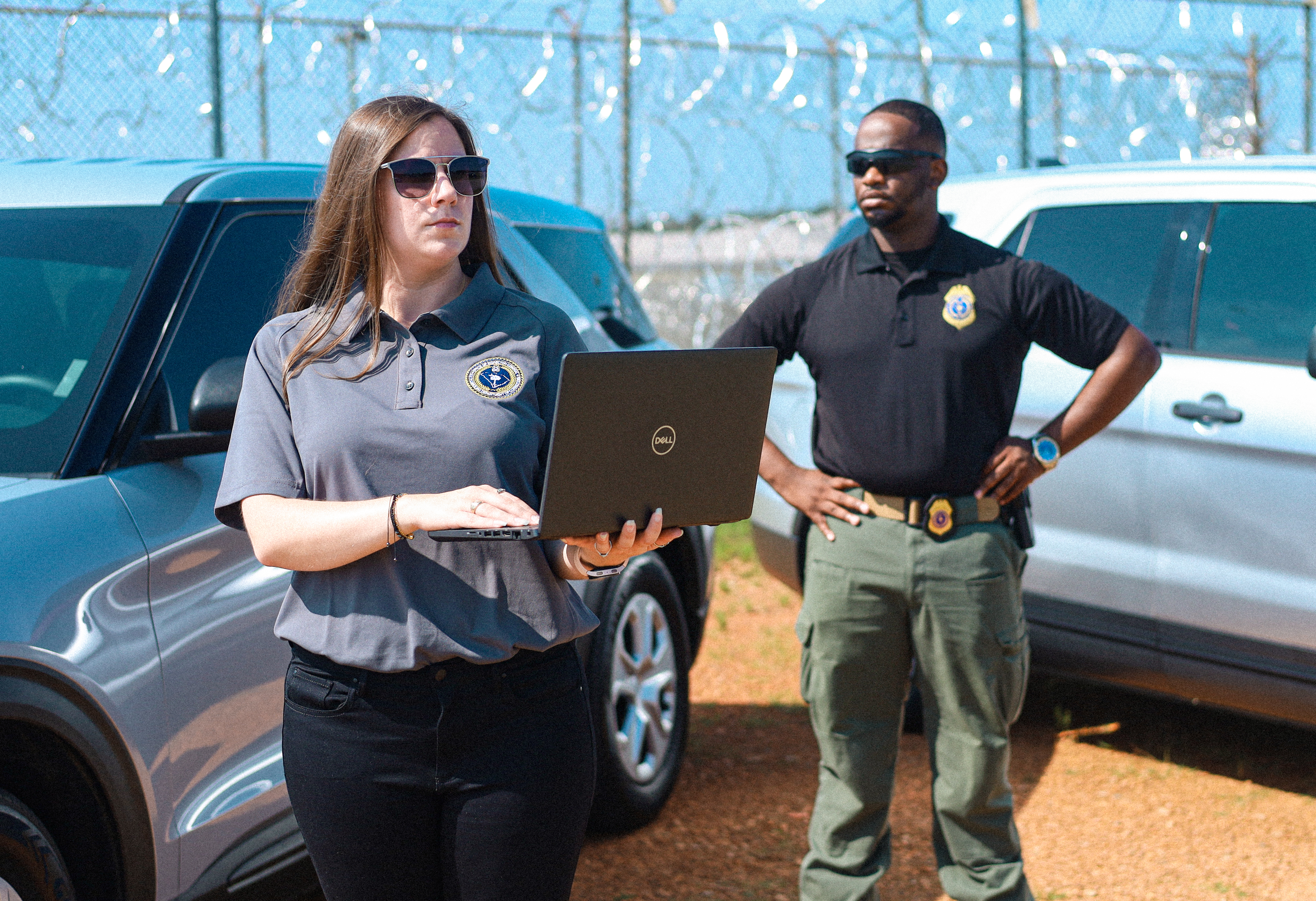

Freedom of Information Act (FOIA) requests
The South Carolina Department of Corrections (SCDC) is committed to upholding the intent and the letter of the South Carolina Freedom of Information Act (FOIA). Only those records or information defined as "public records" and not excluded under Section 30-4-40 of the South Carolina Freedom of Information Act will be released to the requestor. With the exception of requests pursuant to S.C. Code Ann. 30-4-30 (d), SCDC requires individuals requesting information under the FOIA to submit their request in writing to SCDC's FOIA Coordinator. Written requests must include the following:
• A simple description of the requested information
• The name, address, and phone number of the person making the request.
Written FOIA requests can be mailed to or emailed to:
FOIA Coordinator
Office of General Counsel
South Carolina Department of Corrections
Post Office Box 21787
Columbia, SC 29221-1787
FOIA@doc.sc.gov
Please note: SCDC may require a deposit and will charge a fee as permitted by S.C. Code § 30-4-30(B) for all record production. Payment may be required prior to production. SCDC will charge a per page fee for any records produced in hardcopy of $0.10 for black and white copies and $0.25 for color copies. In accordance with S.C. Code § 30-4-30(C), redactions may be made pursuant to applicable exemptions. SCDC will also charge $18.95 an hour for the search, retrieval, and redaction of records. This rate may be subject to change in some situations but will always be based on the salary of the lowest paid employee with the skill and training necessary to complete the task as is required by S.C. Code § 30-4-30(B).

View our Policy Listing here.
To view information regarding SCDC Research and Statistics, view our About SCDC page.

South Carolina law allows death as a sentencing option for certain crimes under S.C. Code 16-13-20. As such, SCDC houses inmates sentenced under this statute on Death Row at Broad River Correctional Institution in Columbia.
Death Row was housed at Broad River when the institution opened in 1988. It was moved to Lieber Correctional Institution in Ridgeville in 1997, where it remained for two decades. SCDC moved it to Kirkland Correctional Institution in Columbia in 2017, and returned it to Broad River in 2019.
The facility originally used for executions was built in 1912 and was located at the Central Correctional Institution in Columbia. In 1988 a new Capital Punishment Facility was built at Broad River Correctional Institution. This new facility was built to replace CCI as the institution was slated for closure. Since 1990, all executions have been carried out at the Broad River Capital Punishment Facility.
| Years | Institution | Location in SC |
|---|---|---|
| 1912 – January 1990 | Central C.I. (CCI) | Columbia |
| January 1990 – April 12, 1997 | Broad River C.I. | Columbia |
| April 12, 1997 – September 26, 2017 | Lieber C.I. | Ridgeland |
| September 26, 2017 - July 11, 2019 | Kirkland C.I. | Columbia |
| July 11, 2019 - present | Broad River C.I. | Columbia |
Pursuant to S.C. Code Ann. Section 24-3-530, a person convicted of a capital crime and having imposed upon him or her the sentence of death shall suffer the penalty by electrocution or, at the election of the convicted person, by firing squad or lethal injection, if it is available at the time of election.
Upon receipt of the notice of execution, the Director of the Department of Corrections shall determine and certify by affidavit under penalty of perjury to the Supreme Court the methods of execution available at the time of election.
The election for death by electrocution, firing squad, or lethal injection must be made in writing fourteen days before each execution date or it is waived. If the convicted person receives a stay of execution or the execution date has passed for any reason, then the election expires and must be renewed in writing fourteen days before a new execution date. If the convicted person waives the right of election, then the penalty must be administered by electrocution.
Lethal Injection
Legislation signed into law on June 8, 1995, provided the option of lethal injection as a means of executing a condemned person. South Carolina was the 25th state to authorize capital punishment by lethal injection.
The Electric Chair
The use of an electric chair in South Carolina began in August 1912.
Firing Squad
Legislation was signed into law May 14, 2021, creating the option of a firing squad as a means of executing a condemned person.
Since August 6, 1912, there have been 291 executions carried out by the state of South Carolina. Prior to this, executions were by hanging in the individual counties. Of the 291, 78 were white and 213 were black. Also, 289 were men and two were women. The following table shows the frequency of executions.
- CCI is Central Correctional Institution, Columbia. (now closed)
- BRCI is Broad River Correctional Institution, Columbia.
- The youngest person executed was a 14-year-old black male.
- The oldest was a 67-year-old white male.
- In 1988, the new Capital Punishment Facility (CPF) located in the Broad River Correctional Institution replaced the old death house which was located at the now closed Central Correctional Institution.
- The execution held in 1990 was the first in the new CPF.
- The first execution in South Carolina by lethal injection was carried out on August 18, 1995.
| Years | Number Executed | Location |
|---|---|---|
| 1912-1920 | 47 (electrocution) | CCI |
| 1921-1930 | 38 (electrocution) | CCI |
| 1931-1940 | 68 (electrocution) | CCI |
| 1941-1950 | 57 (electrocution) | CCI |
| 1951-1960 | 24 (electrocution) | CCI |
| 1961-1962 | 7 (electrocution) | CCI |
| 1985-1986 | 2 (electrocution) | CCI |
| 1990 | 1 (electrocution) | BRCI |
| 1991 | 1 (electrocution) | BRCI |
| 1995 | 1 (lethal injection) | BRCI |
| 1996 | 5 (lethal injection) 1 (electrocution) | BRCI |
| 1997 | 2 (lethal injection) | BRCI |
| 1998 | 7 (lethal injection) | BRCI |
| 1999 | 4 (lethal injection) | BRCI |
| 2000 | 1 (lethal injection) | BRCI |
| 2002 | 3 (lethal injection) | BRCI |
| 2003 | 0 | N/A |
| 2004 | 3 (lethal injection) 1 (electrocution) | BRCI |
| 2005 | 3 (lethal injection) | BRCI |
| 2006 | 1 (lethal injection) | BRCI |
| 2007 | 1 (lethal injection) | BRCI |
| 2008 | 2 (lethal injection) 1 (electrocution) | BRCI |
| 2009 | 2 (lethal injection) | BRCI |
| 2010 | 0 | N/A |
| 2011 | 1 (lethal injection) | BRCI |
| 2012-2023 | 0 | N/A |
| 2024 | 2 (lethal injection) | BRCI |
| 2025 | 2 (lethal injection) 3 (firing squad) | BRCI |
| Information as of Nov. 14, 2025. | ||
The death penalty has been exercised in South Carolina on and off again since the year 1718. For many years South Carolina operated under a typical death penalty statute which provided for capital punishment for a number of crimes including, but not limited to, murder, rape and kidnapping. The statute predicated the imposition of the death penalty in those situations where the jury made a finding of guilt without an affirmative recommendation of mercy. In 1972, the U.S. Supreme Court in the case of Furman v. Georgia held that the imposition of the death penalty was unconstitutional in those situations where either the court or the jury had practically unfettered discretion to impose capital punishment. The Furman case, in effect, declared most death penalty statutes, including that of South Carolina, to be unconstitutional.
South Carolina was one of a number of states that modified their death penalty statutes to properly explain the circumstances under which the death penalty would be imposed mandatorily. However, the U.S. Supreme Court ruled, in the 1976 case Greg v. Georgia, that each individual case should be considered upon its merit and that the imposition of the death penalty pursuant to a mandatory statutory scheme was unconstitutional as violative of the 8th Amendment.
In light of the foregoing decisions of the U.S. Supreme Court, the General Assembly, in Act 177, Acts in Joint Resolutions of 1977, reenacted our current death penalty statute, which has been codified at Section 16-3-20 Code of Laws of South Carolina, 1976. The current statute has been declared constitutional, both by the State Supreme Court and the United States Supreme Court, State v. Shaw (1979). It was under this statutory scheme that the death penalty was reinstated in South Carolina.
From 1985 through 2011, 43 individuals have had capital punishment administered to them within South Carolina. In 1995, South Carolina shifted the default method of capital punishment from the usage of the electric chair to lethal injection. However, the United States began experiencing a shortage of the drugs necessary to properly impose the death penalty by lethal injection. South Carolina legislators moved to address this issue in 2021 by making 2 alterations to South Carolina’s death penalty statute. First, legislators once again made the electric chair the default method of capital punishment within South Carolina. Secondly, legislators authorized the use of a firing squad as a viable method of capital punishment should an inmate prefer that method. No individuals have been executed in South Carolina since these changes were made.





